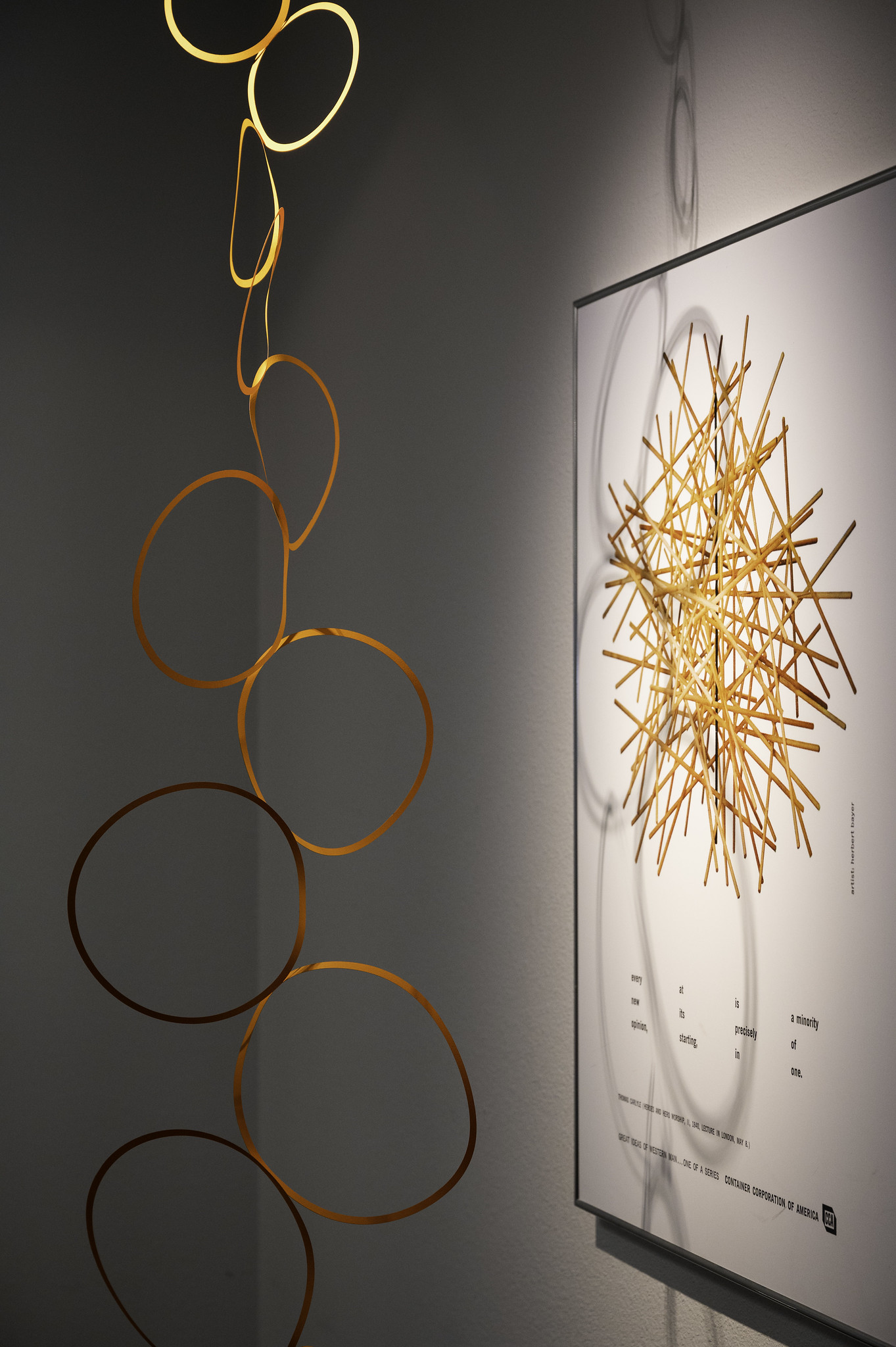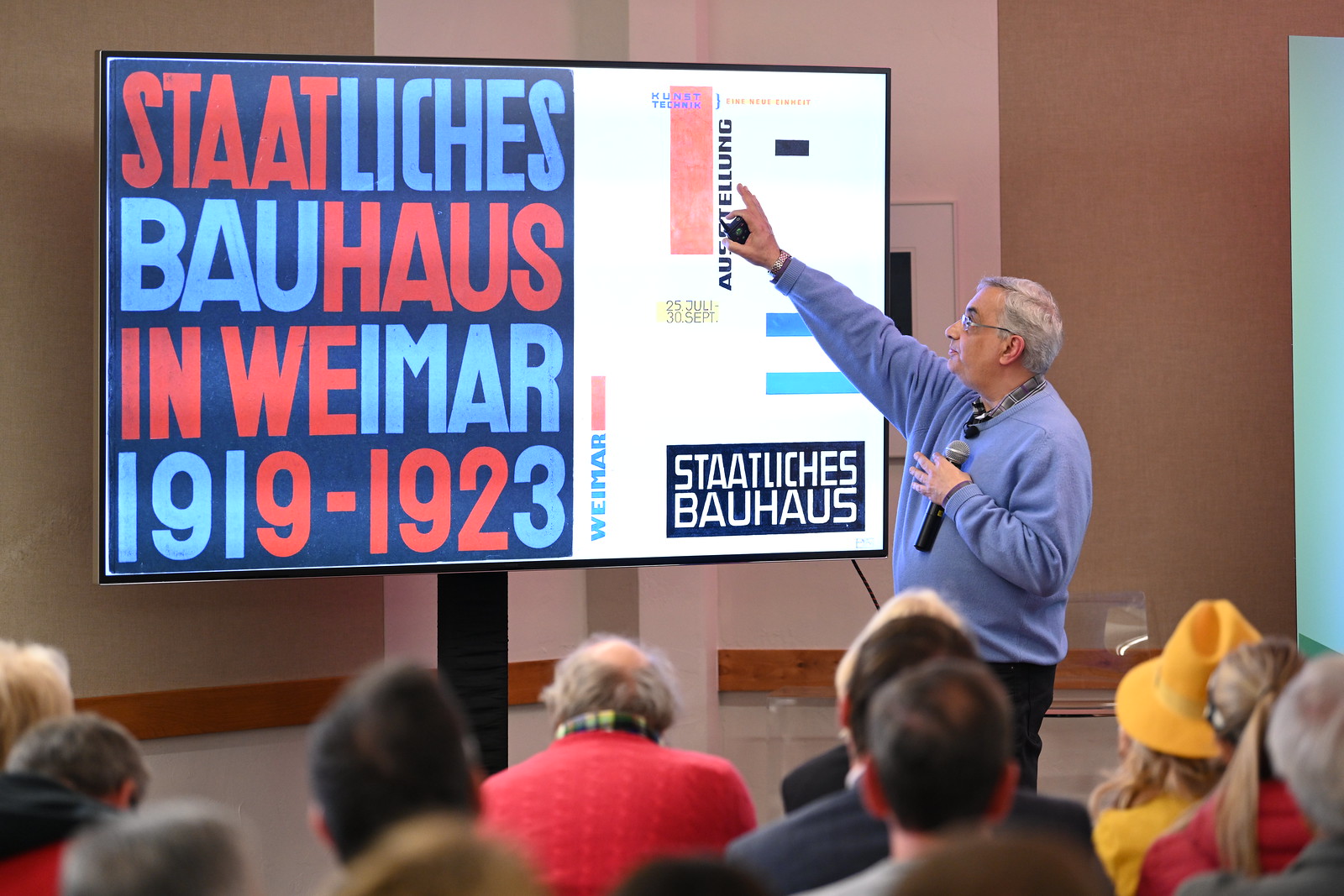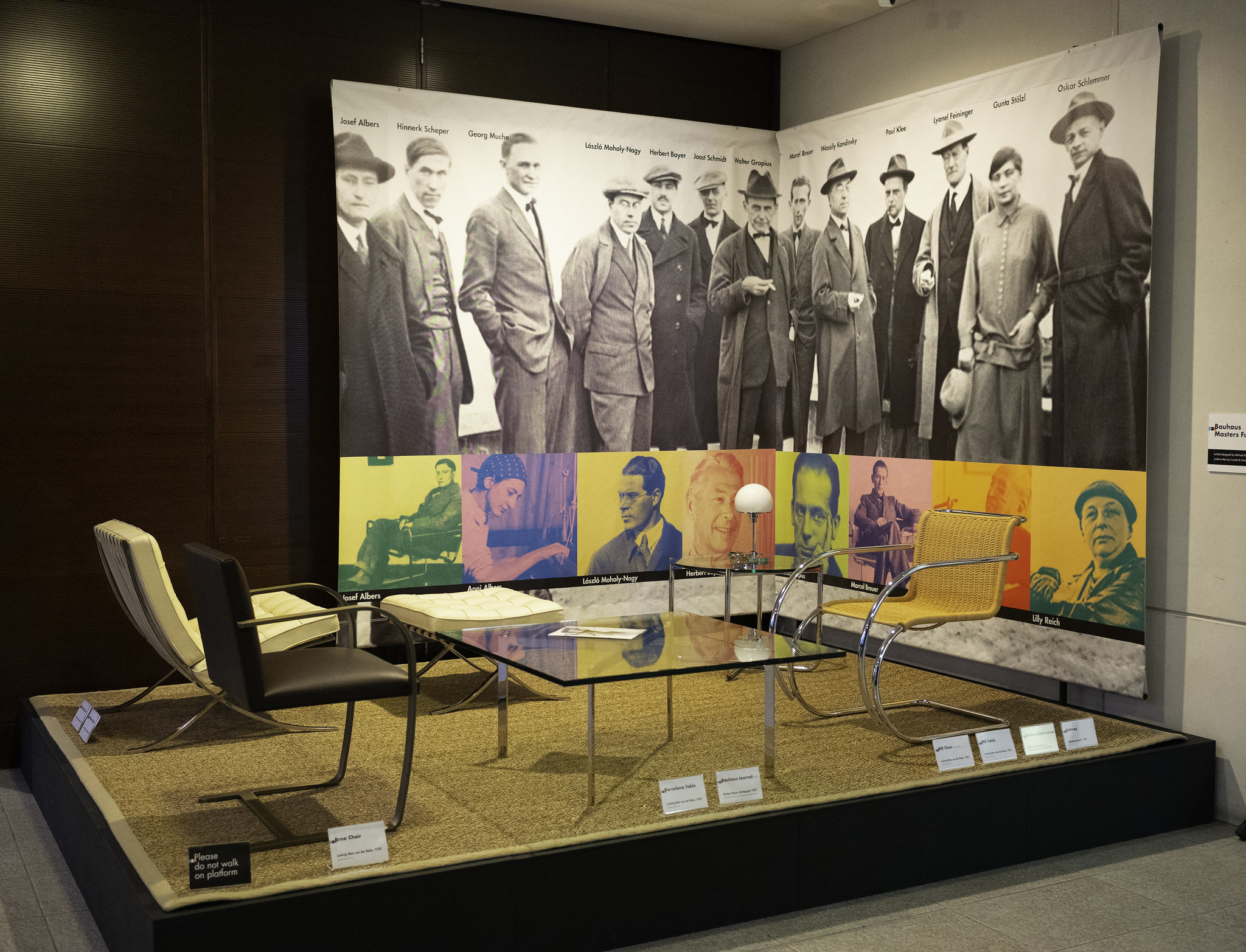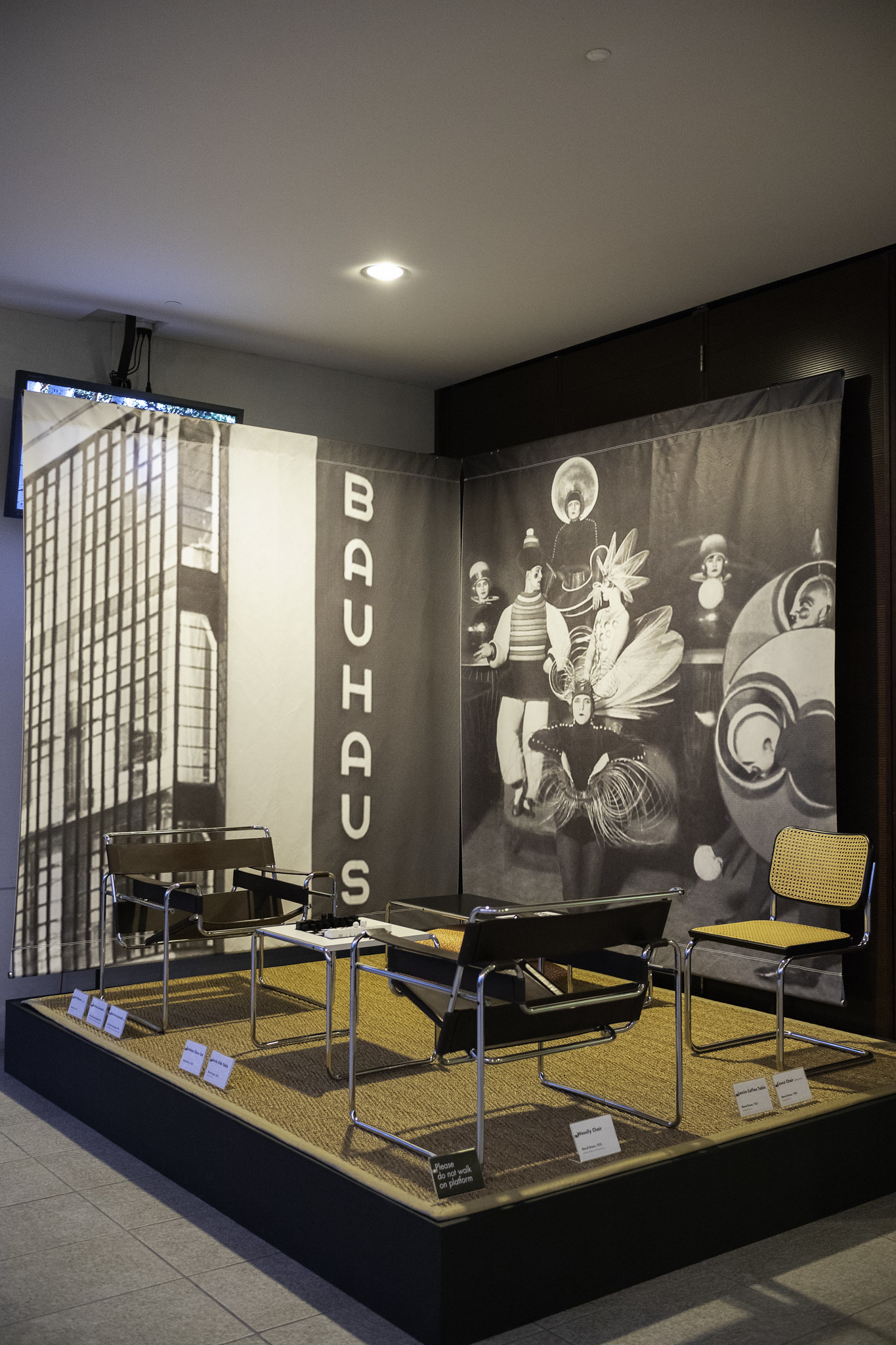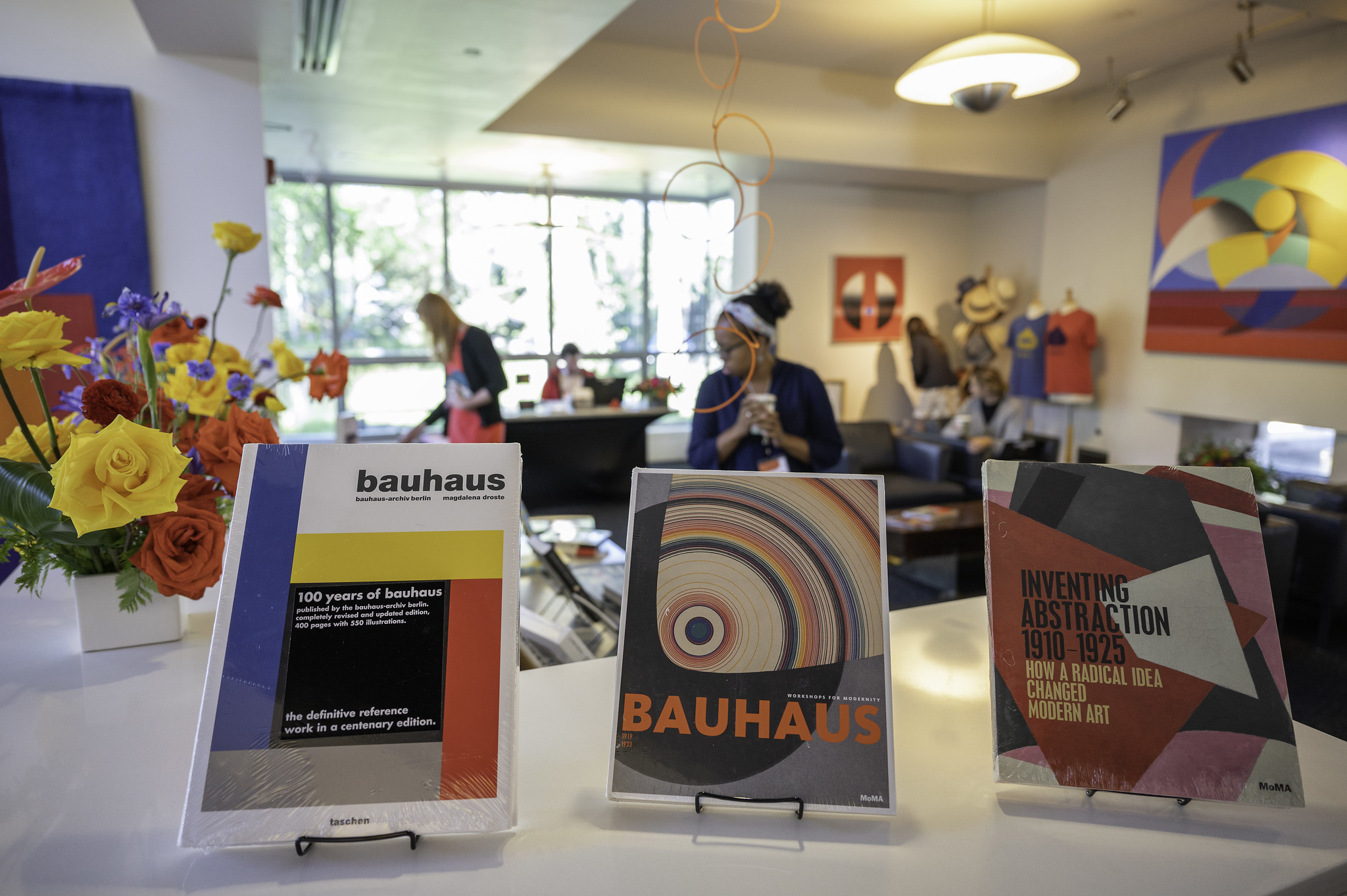Foundational Influences
Two traditions. One shared idea—that how we think, create, and live must be deeply and intentionally connected.
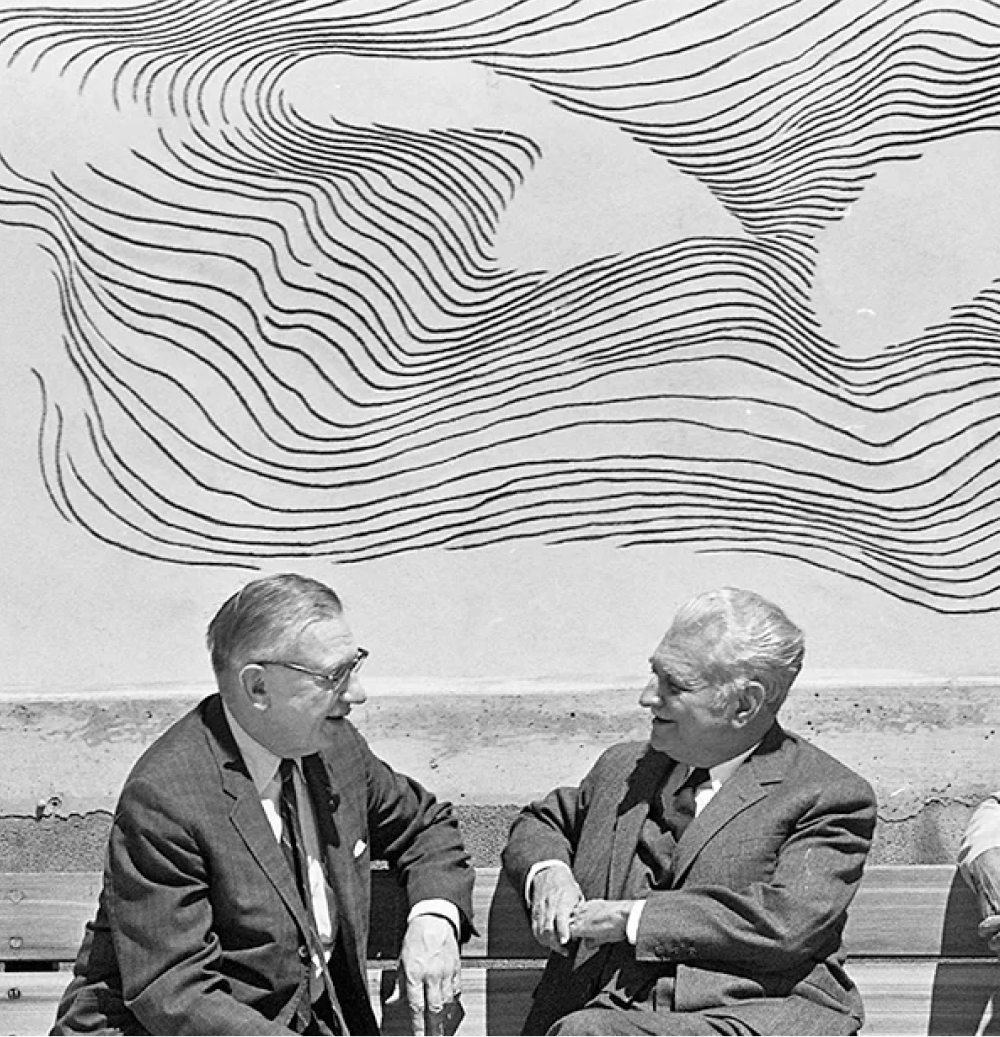
Humanistic Traditions
The Aspen Institute was founded as an act of faith in the humanistic tradition—a belief that thoughtful dialogue, moral inquiry, and imagination are essential to building a better society. In the wake of world wars, economic collapse, and cultural upheaval, our founders recognized a need to ask enduring questions: What makes a good society? What enables human flourishing? And what responsibilities do we have to one another?
They believed that the challenges we face as a society can’t be solved by technical expertise alone. Scientific progress must be paired with moral reflection, imagination, and a commitment to personal growth and community. The Aspen Institute became a space for that exploration.
Rooted in the educational vision of Robert Maynard Hutchins and inspired by “The Great Conversation” of Western thought and other global traditions, the Institute embraced a broad and evolving dialogue across perspectives. The invitation of Albert Schweitzer and José Ortega y Gasset as speakers for the 1949 Goethe Bicentennial reflected a commitment to rigorous thinking, creative imagination, and service to the common good.
From the beginning, the Institute has stood for human dignity, open dialogue, and the belief that progress begins with the questions we dare to ask—and the conversations we’re willing to have together.
Herbert Bayer and the Bauhaus
Alongside its philosophical roots, the Aspen Institute was also shaped by design—most notably through the influence of the Bauhaus movement. Walter Paepcke invited Bauhaus master teacher Herbert Bayer to design the Aspen Meadows campus not simply as a backdrop, but as an active extension of the Institute’s mission. Bayer envisioned a human-scale environment in harmony with the surrounding mountains—one where architecture, nature, land art, and sculpture work together to elevate experience and encourage contemplation and conversation.
Guided by the Bauhaus principle that form follows function, Bayer eliminated traditional hierarchies between art forms and created a space that fosters openness, reflection, and meaningful exchange. His “total design” approach aligns with the Aspen Institute’s commitment to integrated thinking—where the environment itself supports the kind of leadership, learning, and connection the Institute seeks to cultivate. To this day, Bayer’s built environment continues to invite the kind of moral inquiry and open dialogue that define the Institute’s programming—on campus and far beyond.
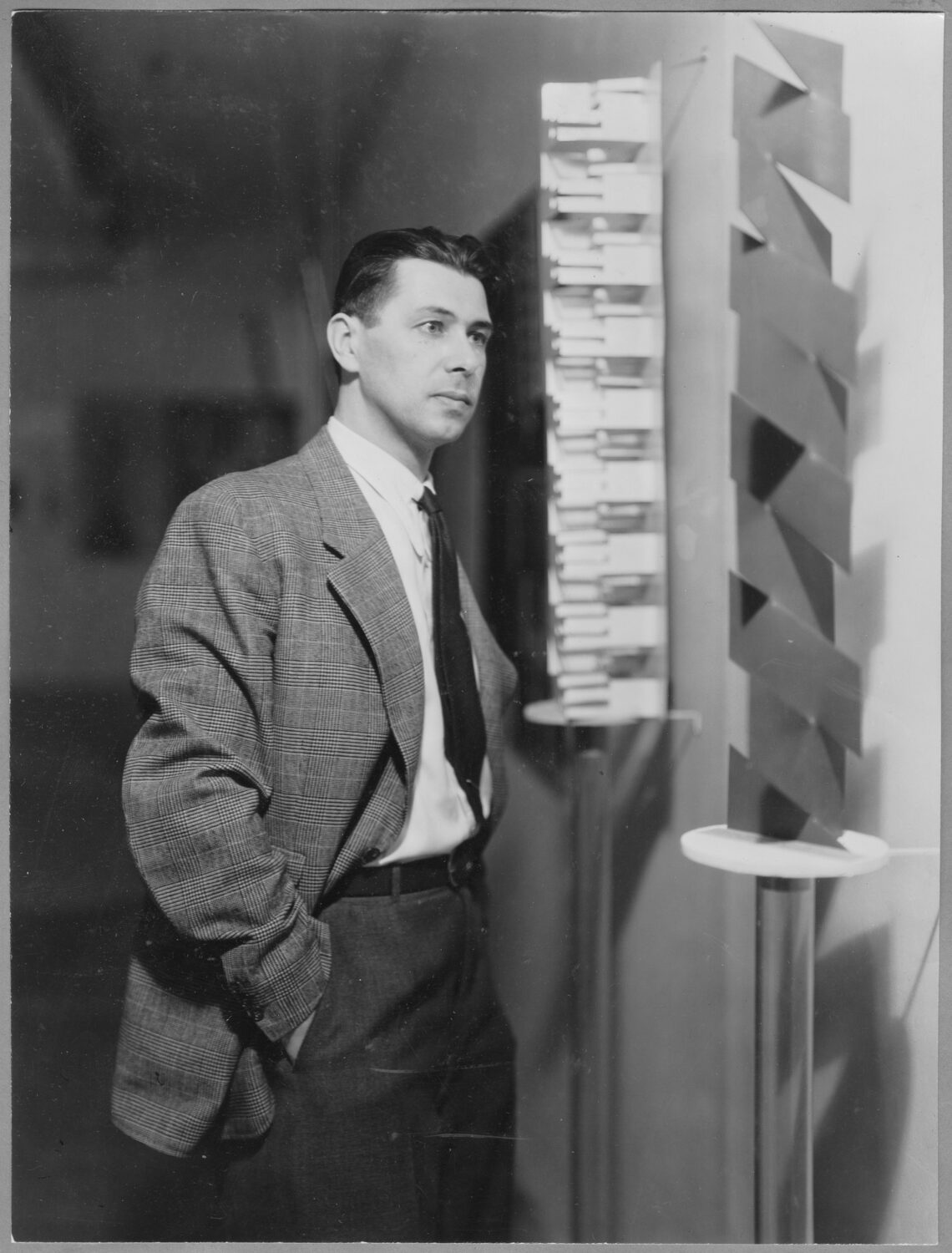
Featured
About Herbert Bayer
Bauhaus-trained artist and designer Herbert Bayer helped bring the Aspen Institute’s founding vision to life. Over three decades, he transformed the Aspen Meadows campus into a unified environment where design elevated dialogue and learning. (Photo credit: The Museum of Modern Art/Licensed by SCALA / Art Resource, NY)
Resnick Center for Herbert Bayer Studies
The Resnick Center for Herbert Bayer Studies is an exhibition space and center for the study of art and culture in Aspen, Colorado. It honors Bayer’s Bauhaus vision and his lasting influence on the design and spirit of the Aspen Institute.
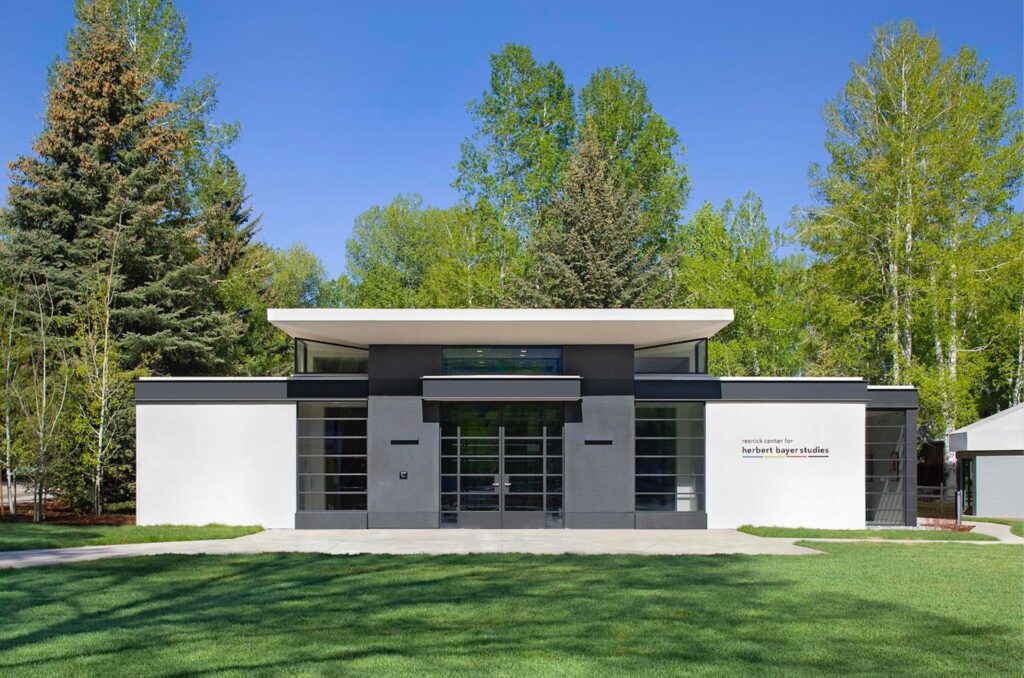
Ideas. Leadership. Action. Delivered to You.
The Aspen Institute shares regular updates about our work. You’ll receive the latest information on upcoming events and popular material from our staff — including publications, blog posts, podcasts, and videos.

